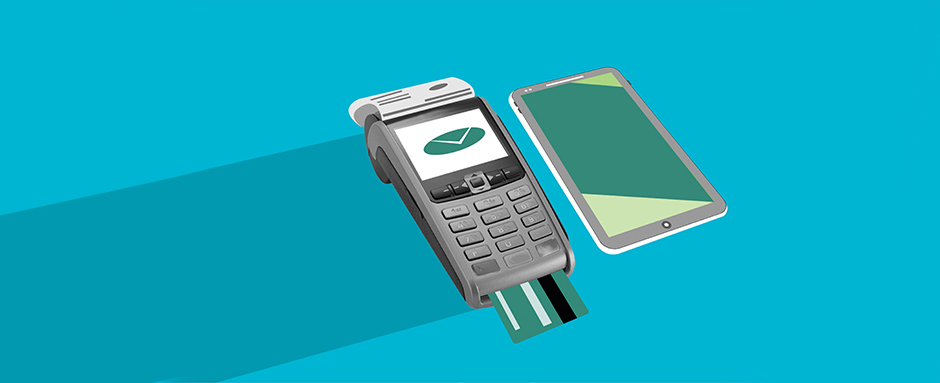It’s no secret that people often have mixed feelings about credit cards. This has also been made apparent from a recent study carried out by Statista. Out of 2,091 respondents, an average of 53.5% said that they were specifically concerned about credit card debt.
This is understandable because if misused, a credit card can put you in debt and cause havoc to your credit score. This can then impact your future finances.
However, a well-treated credit card can help you in events when a good credit score is needed, such as applying for a mortgage. Also, by owning a credit card, you can receive great benefits, including cash back, air miles, and other bonuses. They can also provide security, knowing that you have a backup in case an unlikely event was to strike, leaving you without money.
So, before jumping straight in and getting your first credit card, here are some factors to consider.

What Should I Know Before Getting My First Credit Card?
Getting your first credit card can seem daunting. We’re aware of this and want to make the experience easier. Below, you’re able to see a vital checklist that you should look into before applying for a credit card.
Annual fee
Some, not all, credit cards include an annual fee for each year you use them. If you’re not expecting this fee, you’ll be surprised when it creeps into your “due amount”. Just like regular payments, if this fee isn’t paid for in the same month, they’ll apply your monthly interest rate to it.
Minimum repayment
When applying for a credit card, it’s essential to know how much you’re required to pay each month if you were to use it. Typically, this is either a set percentage or an actual figure. For example, you must pay back 3% of your total amount each month or a minimum of £50.
Charges
Having a solid understanding of your credit agreement and when they might apply additional charges to your card is important. Typical reasons why you might encounter this is due to late payments, going over your agreed credit limit, or using your credit card abroad. If you feel you have been charged for the wrong thing, or a purchase goes wrong, it is worthwhile looking into Section 75 of the consumer credit act.
Introductory interest rates
Most of the time, credit cards will come with a new member deal, such as a free interest period for “x” amount of months. After this introductory bonus, you’ll then have to pay any interest on the balance of the card. When comparing credit cards, it’s essential to know how long these introductory periods will last and also the interest rates that you’ll encounter after the period has finished. You can find out more about interest rates and APR here.
Bonuses
Credit cards across the industry have various rewards and bonus systems you can benefit from if you play your cards right. For example, you can receive air miles with some credit cards if you make certain purchases with your card.
Cashback
This can be a gift or a curse for a credit card owner, but knowing how cashback works can aid you greatly if you manage it with respect. With cashback, you’re able to get additional discounts on specific shops mentioned in your credit card agreement. For example, if you shop at “Nike”, you’ll get 5% cashback if the goods are purchased on your credit card.
In conclusion, credit cards aren’t as scary as they may seem and can provide great value if managed correctly within your monthly budget. Just don’t get carried away with unnecessary purchases, even if you think you’ve found the perfect US regulated forex broker to “be a millionaire by this time next year”, and you’ll be in the clear.
James Banerjee is a Senior SEO Manager at The AA who graduated from the University of Kent in 2014. He works at The AA, looking after the Financial Services and Cars sections on the website. Prior to this he was an Account Director working with clients such as HSBC UK and Nestle. He has a keen interest in personal finances and money-saving advice.




